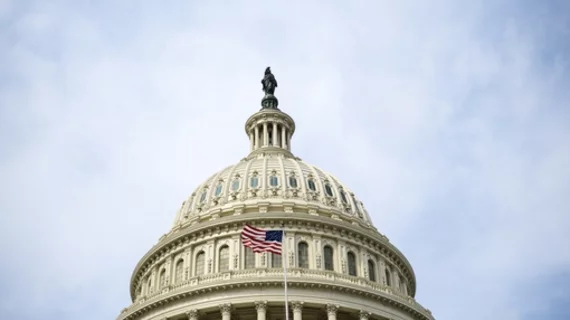$8.3B package for coronavirus approved
Congress approved an $8.3 billion package to fight the spread of coronavirus and respond to the crisis.
While the vast majority of the cases of coronavirus, dubbed COVID-19, remain in China, at least 60 other locations have confirmed cases. In the U.S., nine deaths and 80 confirmed cases have been reported by the CDC as of March 4. The CDC also expects more cases to pop up in the nation as testing advances and accelerates.
The coronavirus package includes $950 million to states, localities, territories and tribes to help with virus surveillance, lab testing and infection control. $3 billion has been earmarked for research and development of COVID-19 vaccines, therapeutics and diagnostics. Other provisions for waiving Medicare telehealth restrictions were also included, as telehealth could potentially help diagnose the virus without spreading it further.
Another $2.2 billion was allocated for public health measures to prevent the spread of the virus, while $1 billion will be sent overseas to aid in preventing further spread under the House bill.
The spending package, which was passed by the house on March 4, will go to the Senate for approval and, ultimately, President Trump’s desk for signature. The Trump administration originally asked Congress to approve $2.5 billion in funding to fight the disease, but the figure was met with criticism from experts.
Health agencies are also ramping up testing for the virus domestically.
"We have more than 2,500 kits that are being distributed around the country this week that will make more than 1.5 million tests available at hospitals that have requested them and in areas of the country that have been particularly impacted by the coronavirus," Vice President Mike Pence, who is heading up the U.S. response to COVID-19, said in a statement March 4.

